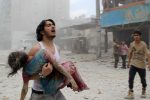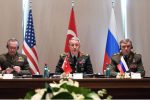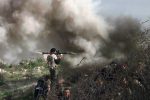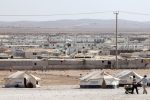|
Focus on
Michel Veuthey : The long road to a Global Compact on Refugees
03/15/2017. On 19th September 2016, a Summit of Heads of State and Government (“High-level Plenary Meeting on Managing the Mass Displacement of Refugees and Migrants”) adopted a “New York Declaration on Refugees and Migrants” which calls for promoting a more equitable sharing of the burden and responsibilities for the reception of refugees, as well as improving humanitarian and development assistance to the countries most directly affected, as well as a set of measures to address Mass movements and protracted refugee situations and to ease red tape in order to speed up admissions procedures and to increase the diversity of remedies available to refugees for admission or resettlement in third countries and And to open up their labor market to refugees.
|













